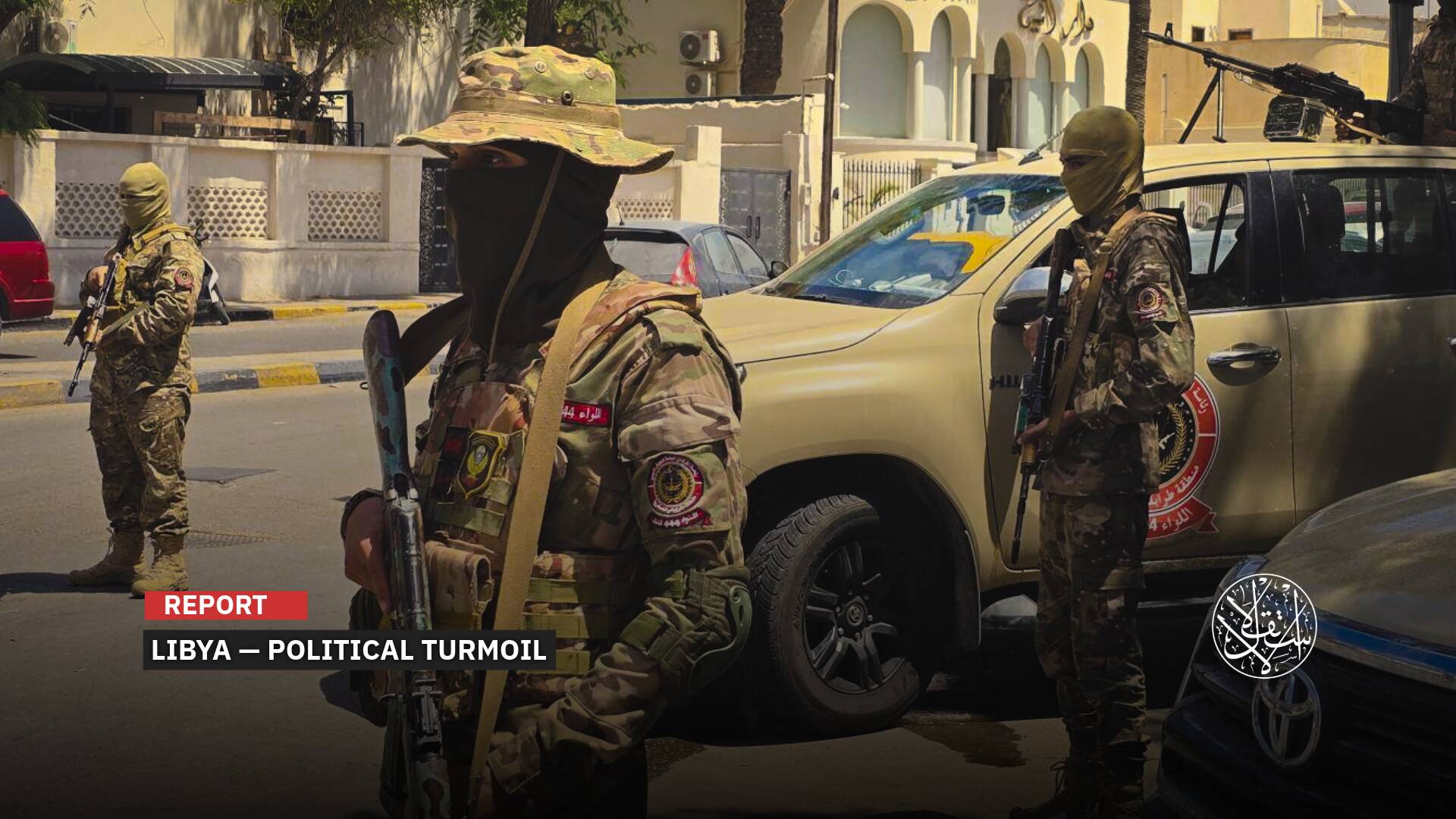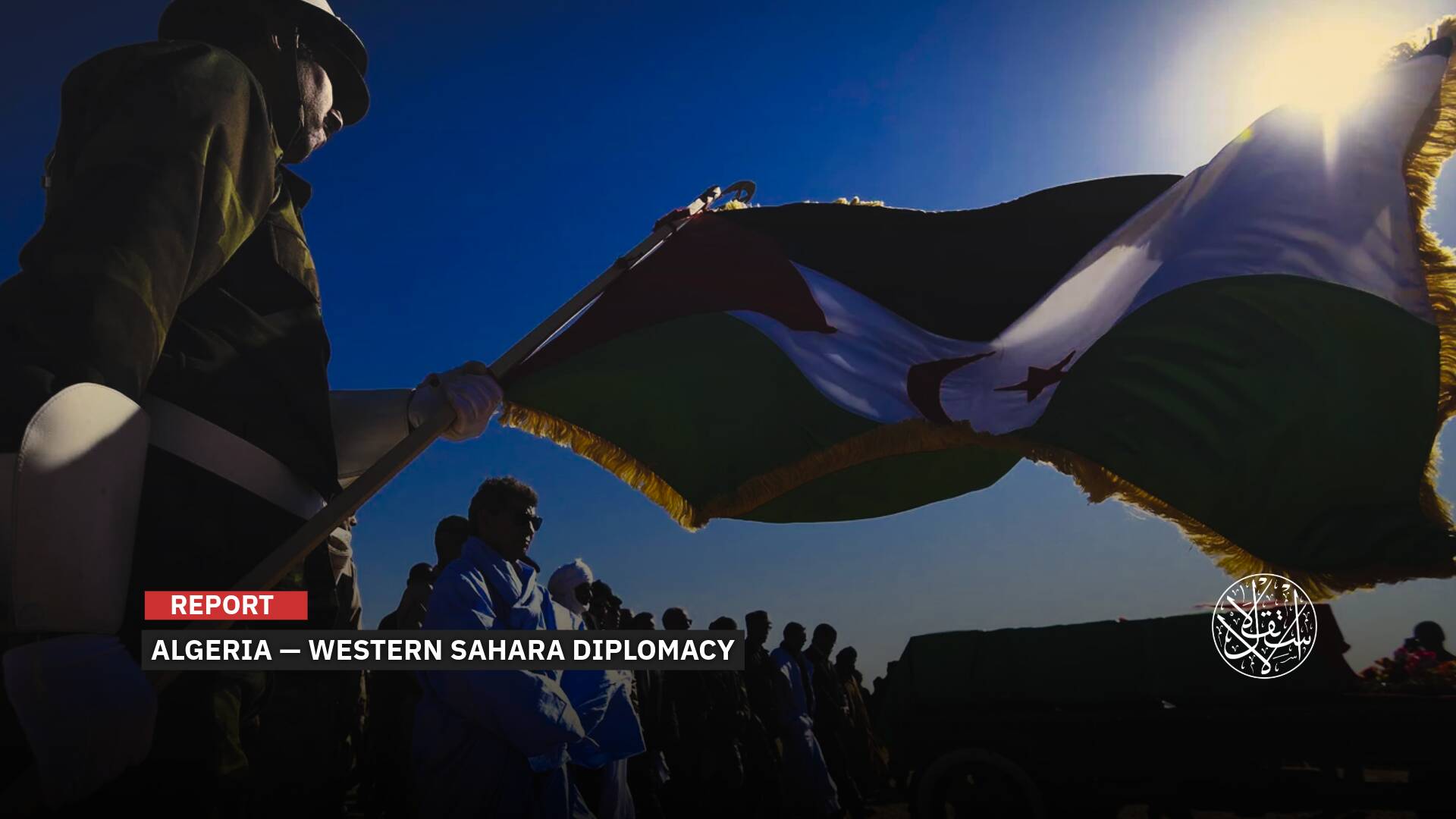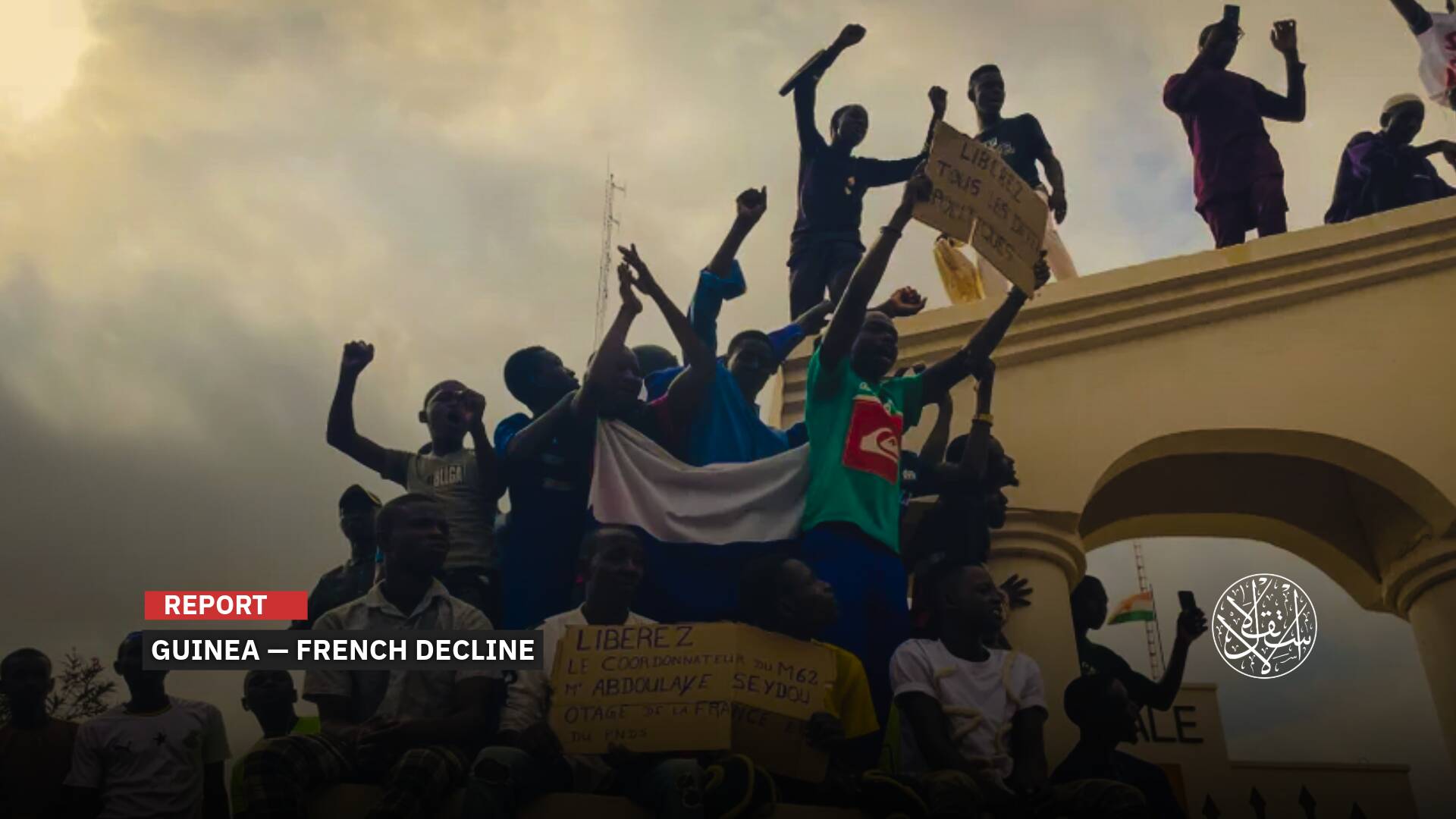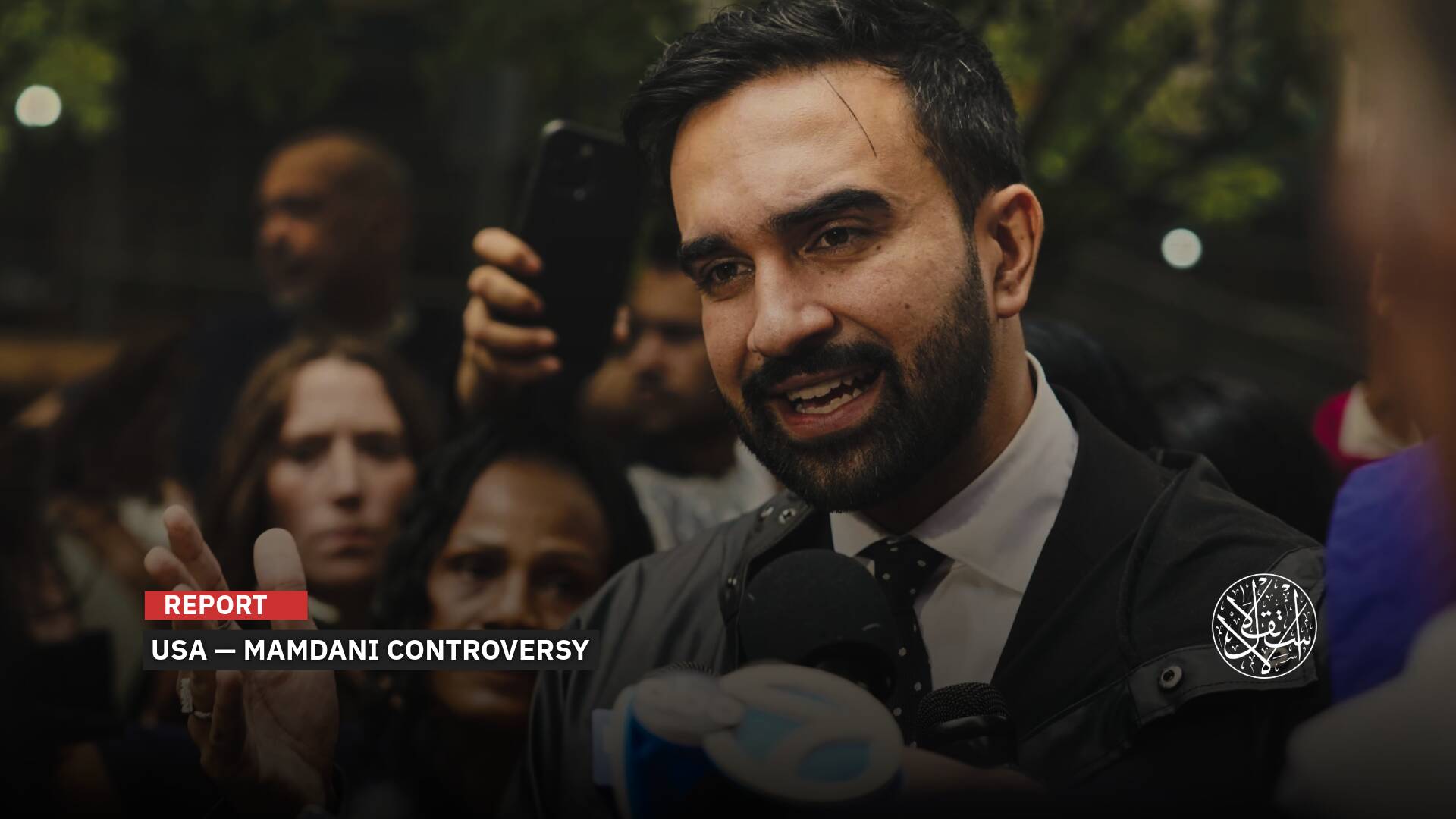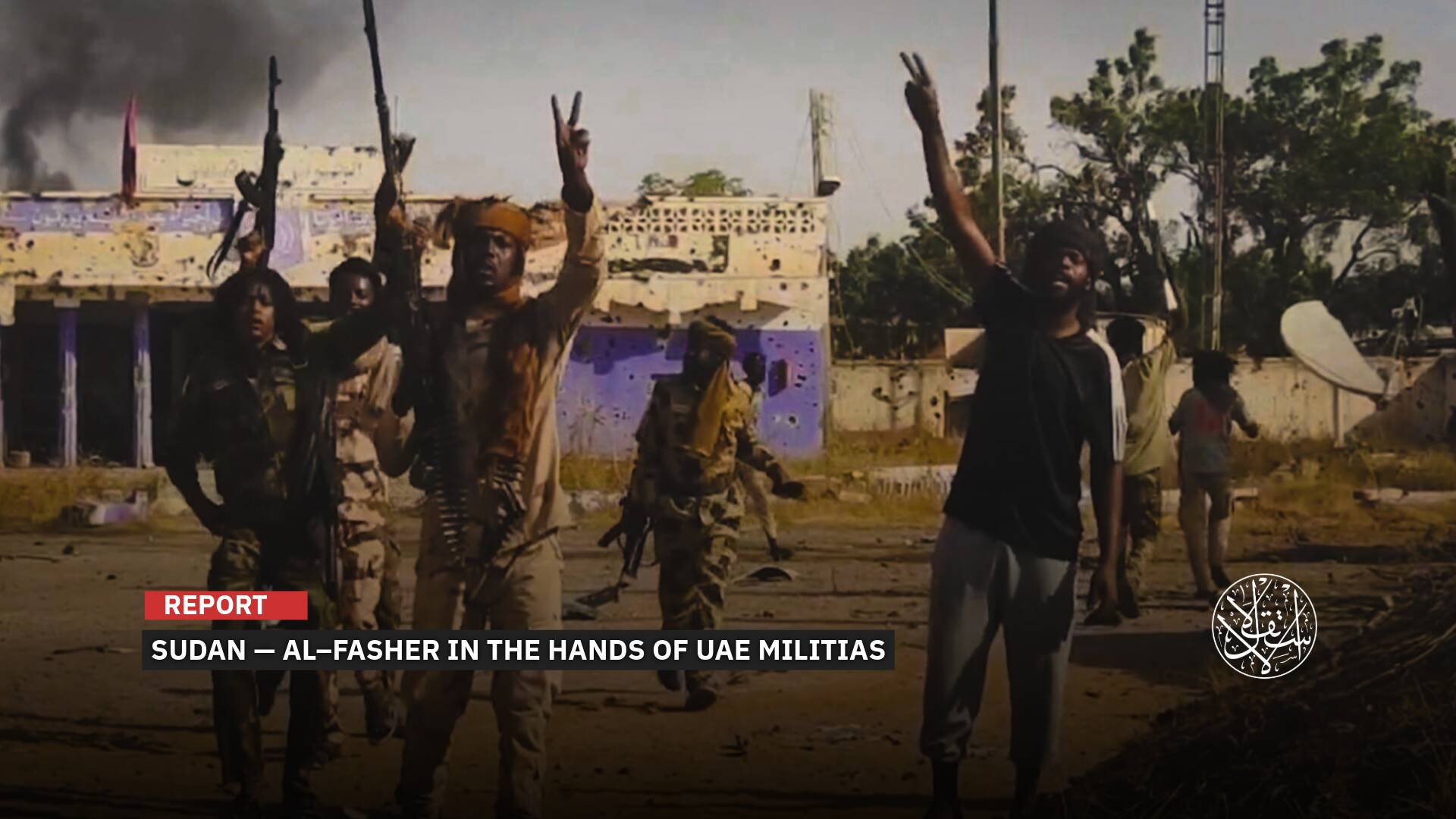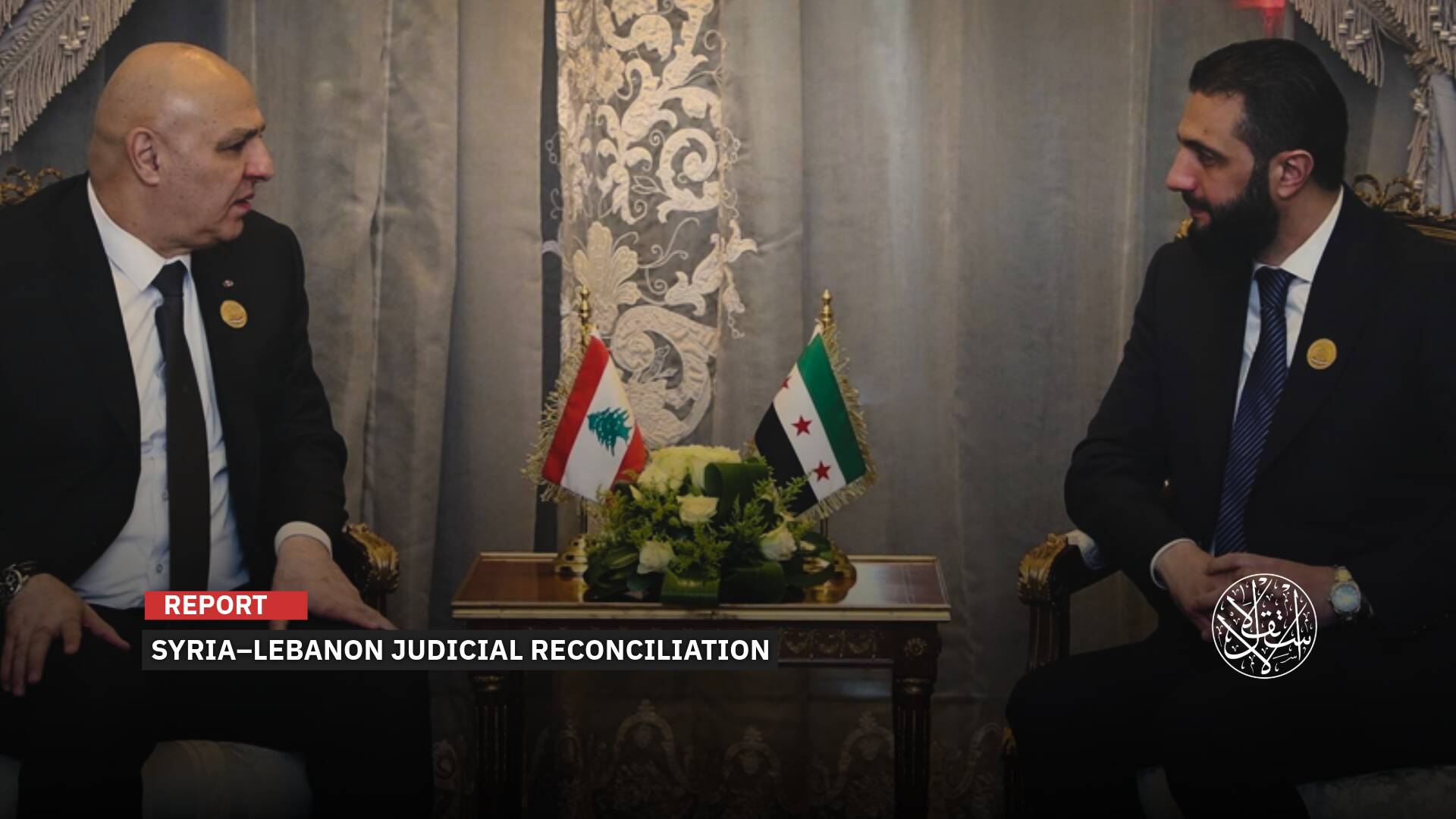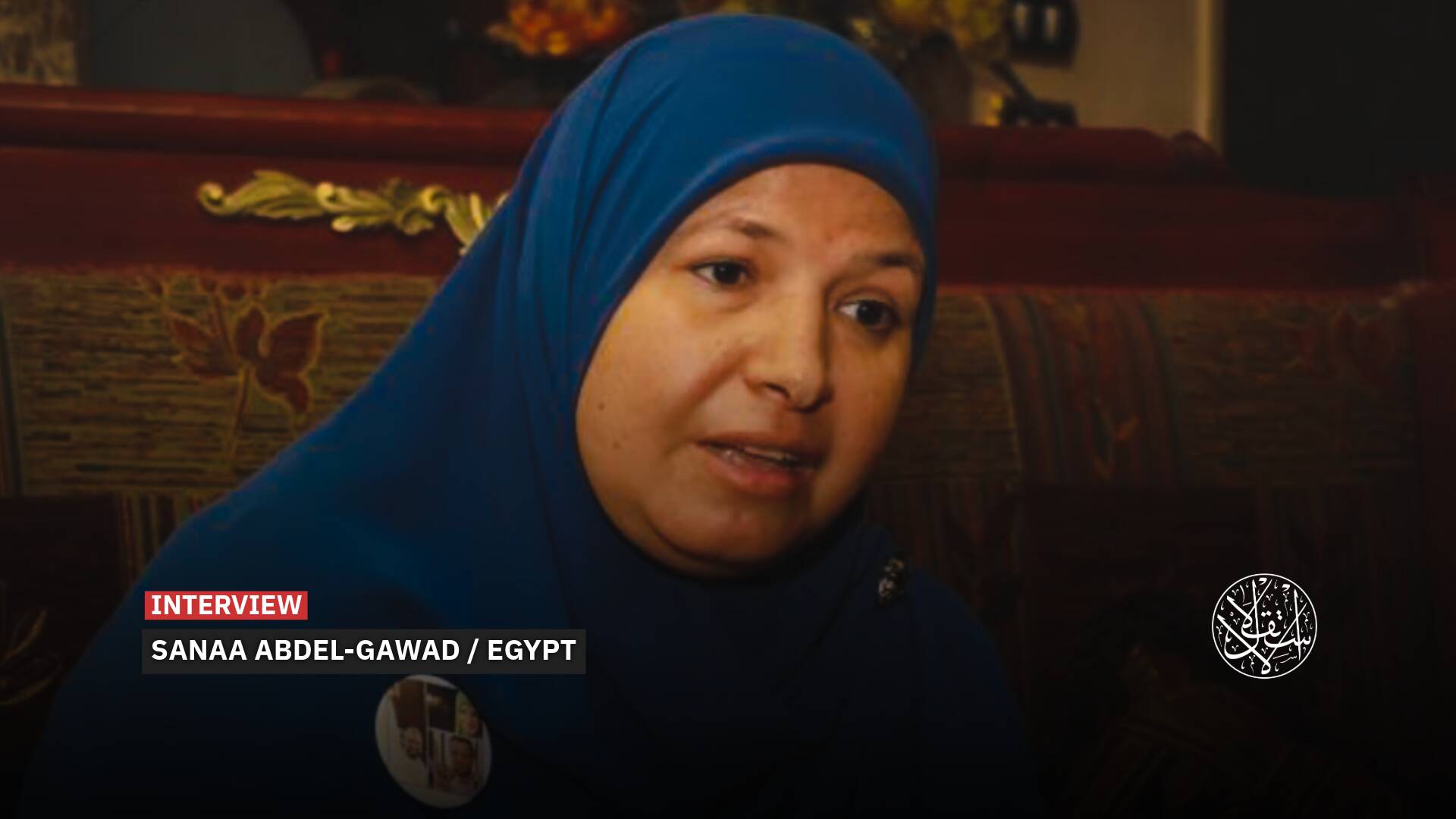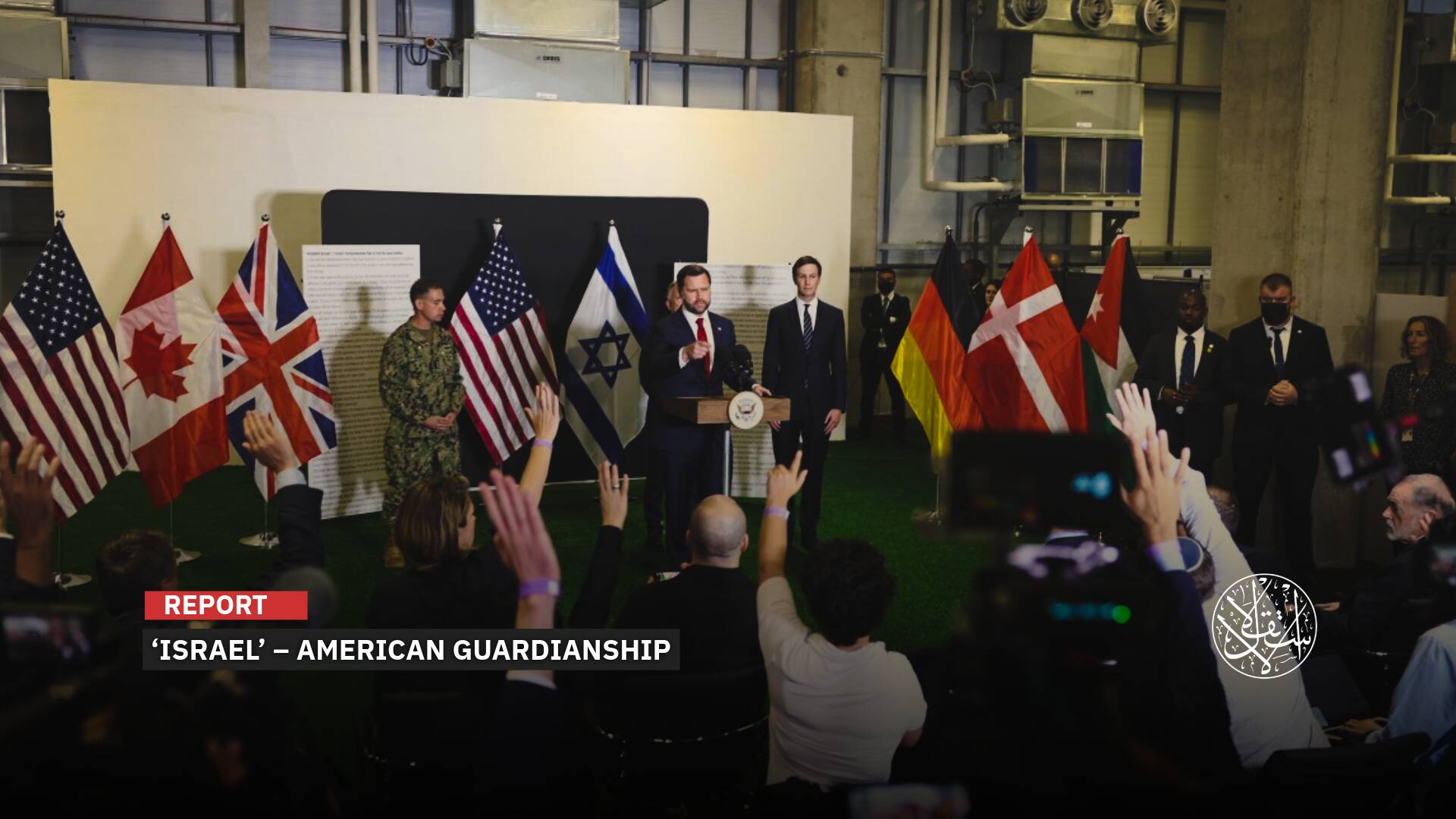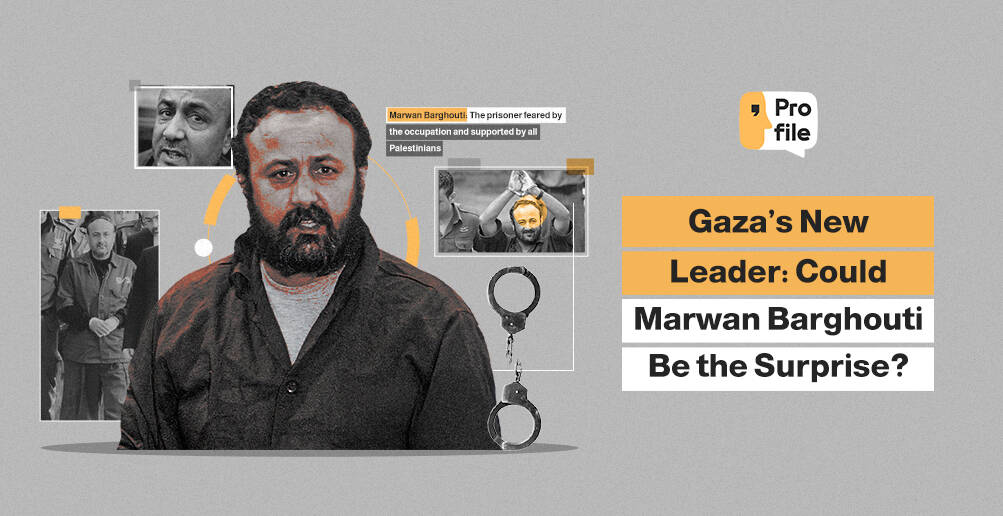How the Moroccan Education Minister’s Admission Sparked Widespread Controversy
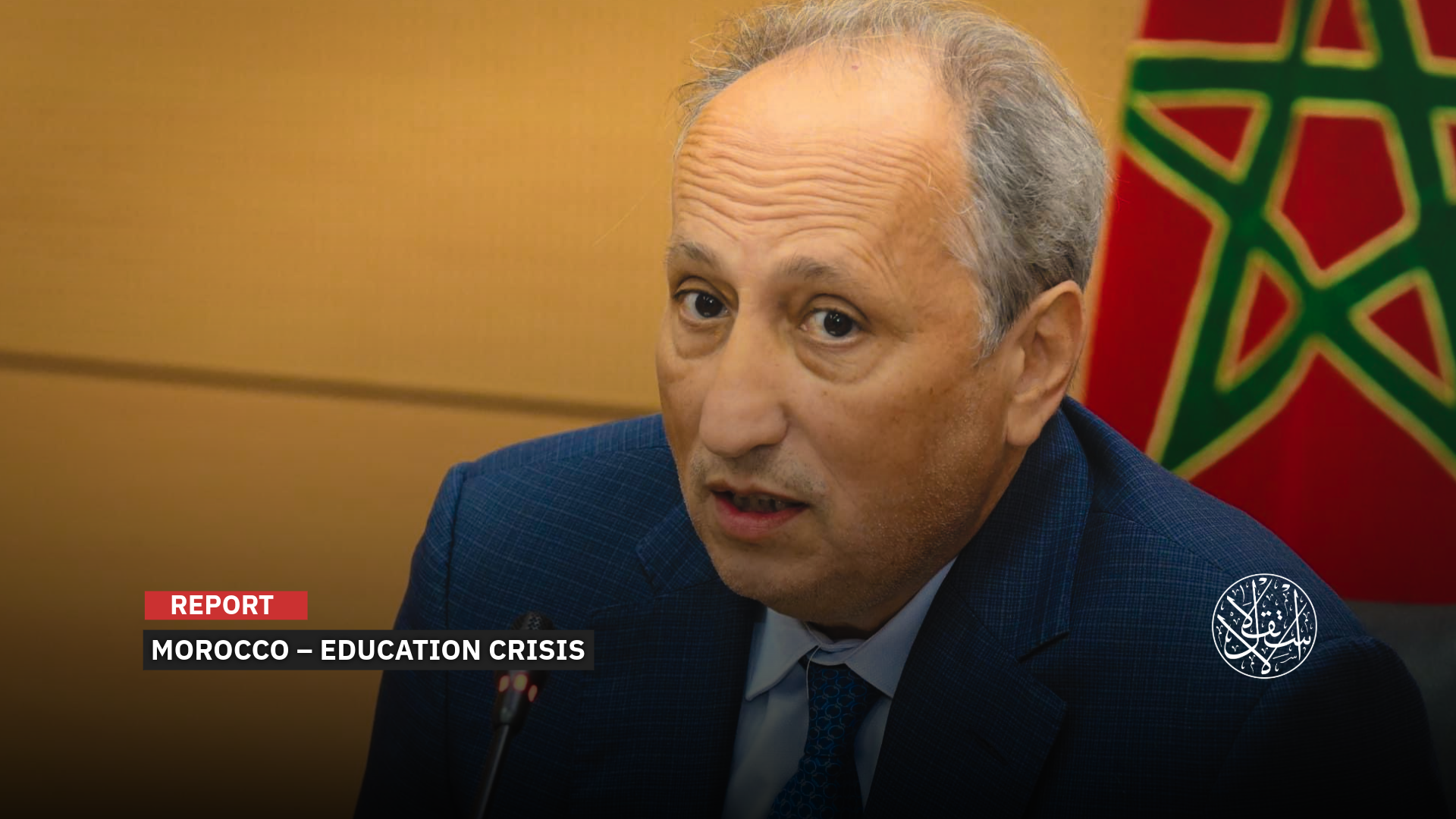
“Education has become a political battleground, but the only loser is the student.”
Moroccan Education Minister Saad Berrada’s admission of his linguistic inadequacy has put him in an embarrassing position, especially given that it is the country’s primary official language.
The minister faced criticism regarding his competence in managing the education sector, and his statement sparked a debate that reignited discussions about the challenges facing education and the problem of school dropout rates in Morocco.
Unqualified Minister
In response to interventions from members of parliament during meetings of the Education, Culture, and Communication Committee in the House of Representatives, Minister Berrada said, “In truth, my Arabic language skills are weak.”
“The responsibility is difficult, and I see some things I can do better. But this is what is available. I am working with the available resources, with good intentions, and with sincerity,” he said.
In this context, he also confirmed that he does not possess 100% of the data related to the ministry, which makes him susceptible to making mistakes.
“I don't have 100% of the data, but rather 85%, and I am searching for the remaining 15%. Therefore, it is possible that I might make mistakes if I don't have all the data,” he said.
During his intervention on October 14, he acknowledged that the current school year, like any other, was not without its problems, the most prominent of which is overcrowding, especially in middle schools.
For his part, MP Abdel Samad Haiker, a member of the Justice and Development Party's parliamentary group, attacked the Minister of National Education, Early Childhood Education, and Sports, saying: “He has no connection to the sector and is unqualified to manage it, especially in this context of youth protests.”
He argued that the minister does not respect the constitution or parliament, and that he has not reviewed the framework law for education and training, the strategic vision, or the reports issued by the Supreme Council for Education and Training.
For its part, the local news site Hiba Press pointed out that since Minister Berrada took over the Ministry of National Education in October 2024, the transition from the business world to education has proven unsuccessful.
“A minister who seems incapable of understanding the simplest truth: a school is not a business, and a student is not a customer whose success can be measured by numbers and statistics,” it added.
It also observed that the minister’s weak media and parliamentary discourse exposed his lack of preparedness.
“Bleak language, disjointed ideas, and superficial responses, as if we were dealing with a sales manager promoting a new product, not an official tasked with reforming education,” it said.
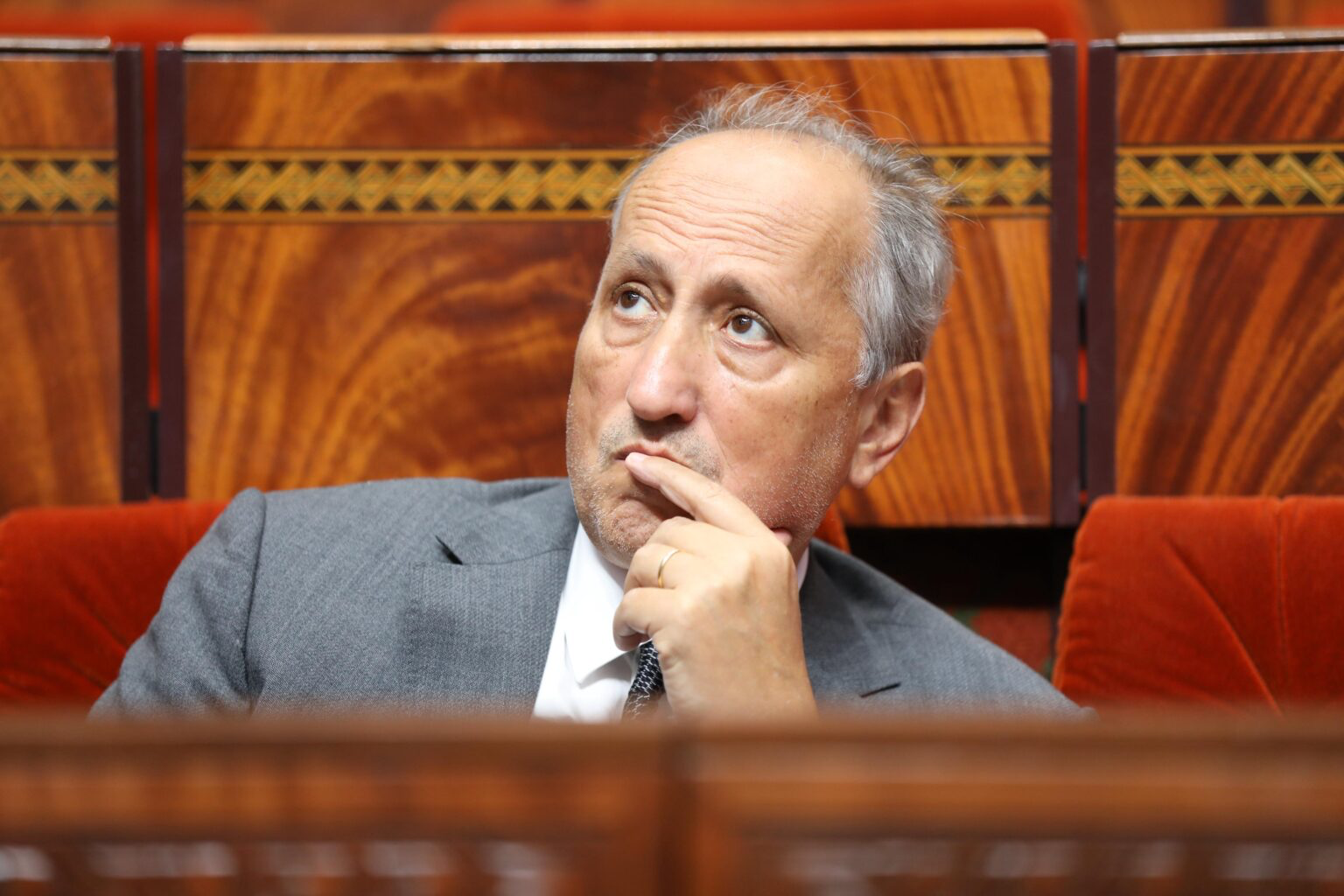
Clear Flaw
MP Khaddouj Slassi, from the Socialist Union of Popular Forces party, expressed her concern about the officials’ weak command of the two official languages of the Kingdom of Morocco.
During a parliamentary session on October 30, she stated that “no minister in the government should be unable to master the two official languages stipulated in the constitution: Arabic and Amazigh. This is my concern as a citizen and political activist.”
For his part, educational inspector Rachid El Bouayadi said that the education sector is experiencing a clear national deficiency, noting that the minister had exacerbated the situation with his negative remarks and his assertion that some appointments might not be appropriate.
In a statement to Al-Estiklal, he emphasized that the education sector needs a minister who is proficient, first and foremost, in the country's first official language.
“As the person ultimately responsible for Moroccan schools, the Minister of Education should be a model of proficiency in the languages of instruction and possess the tools for understanding and quantitative analysis that guide educational policies,” he added.
“The Arabic language is not a mere formality, but rather a cornerstone of cultural and national sovereignty. Accuracy in data and statistics is the essence of educational planning and reform,” he said.
He argued that “such a statement raises serious questions about the criteria for assuming responsibilities in vital sectors and reveals a crisis of confidence between official rhetoric and the realities of the educational system.”
He emphasized that “education is not a field for experimentation or justification; therefore, we need officials who combine technical competence with national commitment.”
He pointed out that “the education system suffers from a clear flaw, which is the waste of time and the frequent delays in starting school, reflecting poor planning and a lack of discipline.”
He explained that “this academic year, like every other, begins with difficulties, wasting weeks of instruction and negatively impacting the quality of education and families’ trust in public schools.”
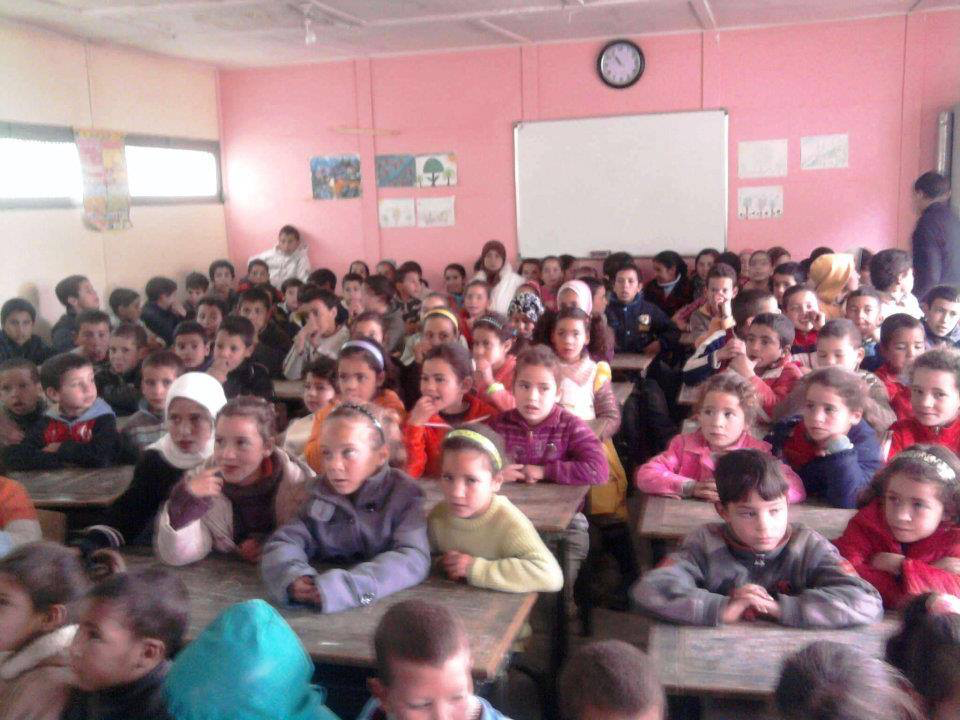
Real Crisis
For his part, former Secretary of State for Higher Education and Scientific Research, Khalid Samadi, stated that “the ministry has lacked a strategic vision for implementing reform since its inception and continues to be bogged down in traditional, piecemeal issues.”
On October 14, he emphasized that “the demand for education reform was central to the demands of the Generation Z protests and to the King's speech at the opening of the final parliamentary session of this government's legislative term.”
He concluded that “the fate of Moroccan schools under this government is to be caught in a cycle of reform whose effects have worsened, a situation that is now wasting time, effort, and resources, as His Majesty the King has stated.”
The local news website Aabbir reported in an article published on October 15 that “the Minister of National Education speaks of a roadmap for 2022-2026, while members of his own party admit that it is a flawed, delayed, and incomplete roadmap.”
It emphasized that “the real crisis is that no one dares to explicitly name the failure. Instead, everyone is practicing evasion and engaging in political posturing, as if the issue doesn't concern the fate of millions of Moroccan children.”
It argued that “amid this absurdity, teachers and students remain the perennial victims.”
“Talk of overcrowding, school dropout rates, staff shortages, and the marginalization of rural areas is no longer merely technical detail, but rather an indicator of a structural failure that this government lacks both the courage to acknowledge and the competence to address,” it noted.
He stated that “education has become a political battleground, but the only loser is the Moroccan student, who now asks himself, every time he opens a book, enters an overcrowded classroom, or returns home without water or a toilet: Do these people truly represent my future?”

In turn, Educational inspector Redouane Boukhari emphasized that the task of reforming education in Morocco is indeed arduous, but not impossible.
He explained that “it is not easy to bring about rapid change in the education system because it involves constraints outside of school.”
“For example, it is difficult to teach a student who doesn’t sleep well, doesn’t eat breakfast, is addicted to his phone and television, and has psychological issues resulting from family problems,” he said.
He pointed out that “what needs to change is the number of students per class—a maximum of 20 to 25—in addition to effective teaching methods and activities that incorporate learning through play, experimentation, participation, and competition among students.”
“Classrooms must be improved in terms of facilities, including desks and chairs, and spaces must be provided for play during recess, as well as sports fields and sanitary facilities,” he added.


